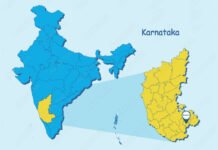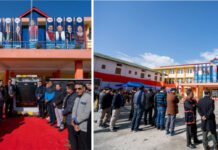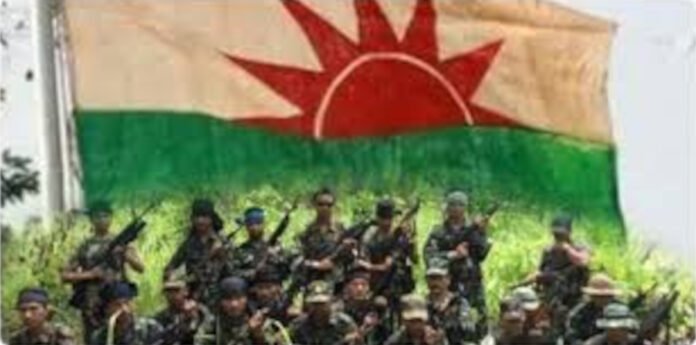Two cadres of the outlawed United Liberation Front of Asom-Independent (ULFA-I) have surrendered before security forces in Nagaland after fleeing from a training camp in Myanmar, officials confirmed.
The two men, whose names have not been disclosed for security reasons, crossed into Nagaland earlier this week after leaving a base in Myanmar’s Sagaing region, where ULFA-I maintains facilities for indoctrination and weapons training. On arrival, they surrendered to security authorities and are now being debriefed to gather critical intelligence on the group’s operations.
Security personnel said the surrender is significant, given ULFA-I’s continuing attempts to use Myanmar’s remote border areas as safe havens for recruitment and training. “The cadres who left the camp were reportedly dissatisfied with conditions, the risks involved, and the lack of clarity in ULFA-I’s future strategy,” an official involved in the debriefing noted.
ULFA-I, led by Paresh Baruah, remains active in parts of Assam and across the Indo-Myanmar border despite decades of counter-insurgency campaigns. However, the group has seen a steady trickle of desertions over recent years, particularly as its promises of better opportunities fail to materialise. Former cadres have often cited poor living conditions in camps, scarce resources, and the constant fear of airstrikes and raids as reasons for their decision to return to India.
Nagaland police and the Assam Rifles have welcomed the development, stressing that every surrender weakens the insurgent network. They added that the two cadres will be considered for rehabilitation under government surrender and reintegration schemes, which provide vocational training, financial assistance, and counselling support to help ex-militants reintegrate into society.
Local community groups have also praised the decision, urging other youths caught in insurgent activities to surrender and pursue legitimate livelihoods. Civil society representatives emphasized that the Northeast’s future lies in peace and economic progress, not in armed rebellion.
Observers believe that desertions like these could encourage more cadres to abandon the insurgency, especially amid stronger security cooperation between India and Myanmar. The Indian Army and Myanmar’s Tatmadaw have conducted several joint operations in border areas, limiting the freedom of movement of militant groups.
The government has reiterated that it remains open to dialogue with armed outfits willing to abandon violence, even as it maintains pressure on groups that continue to engage in extortion and armed activities.

























